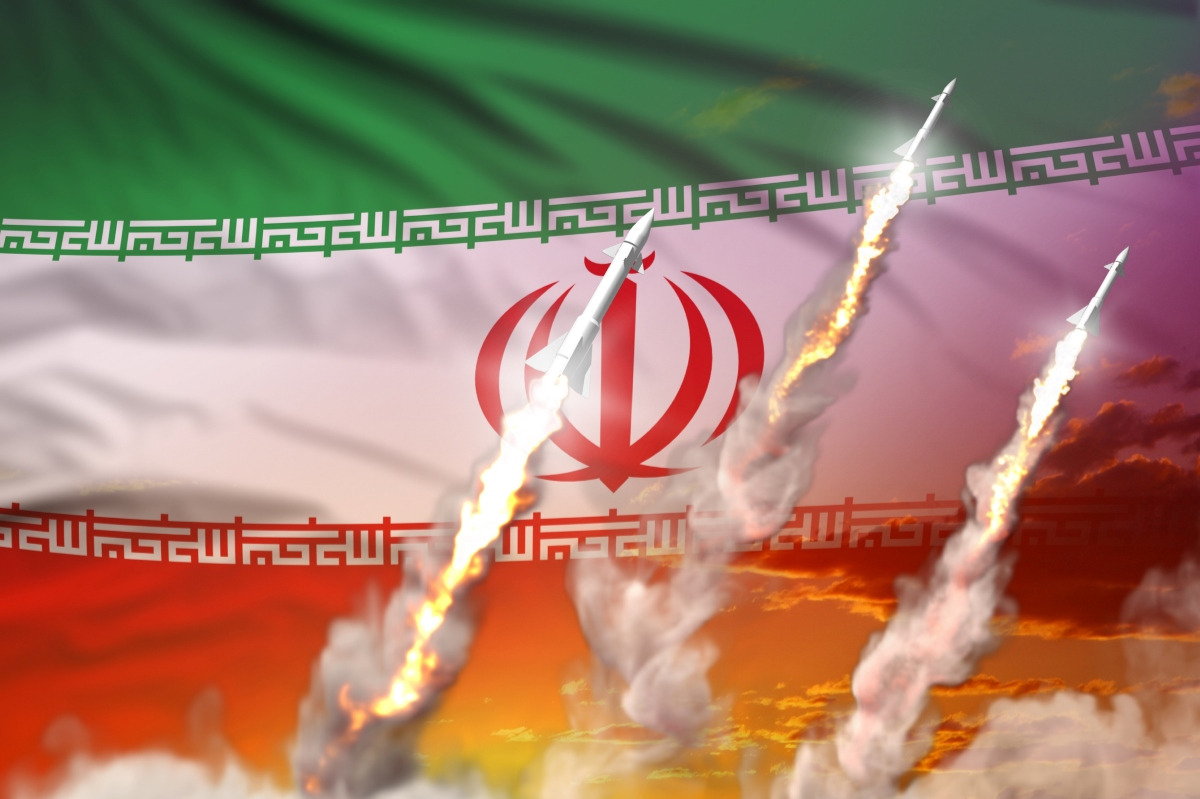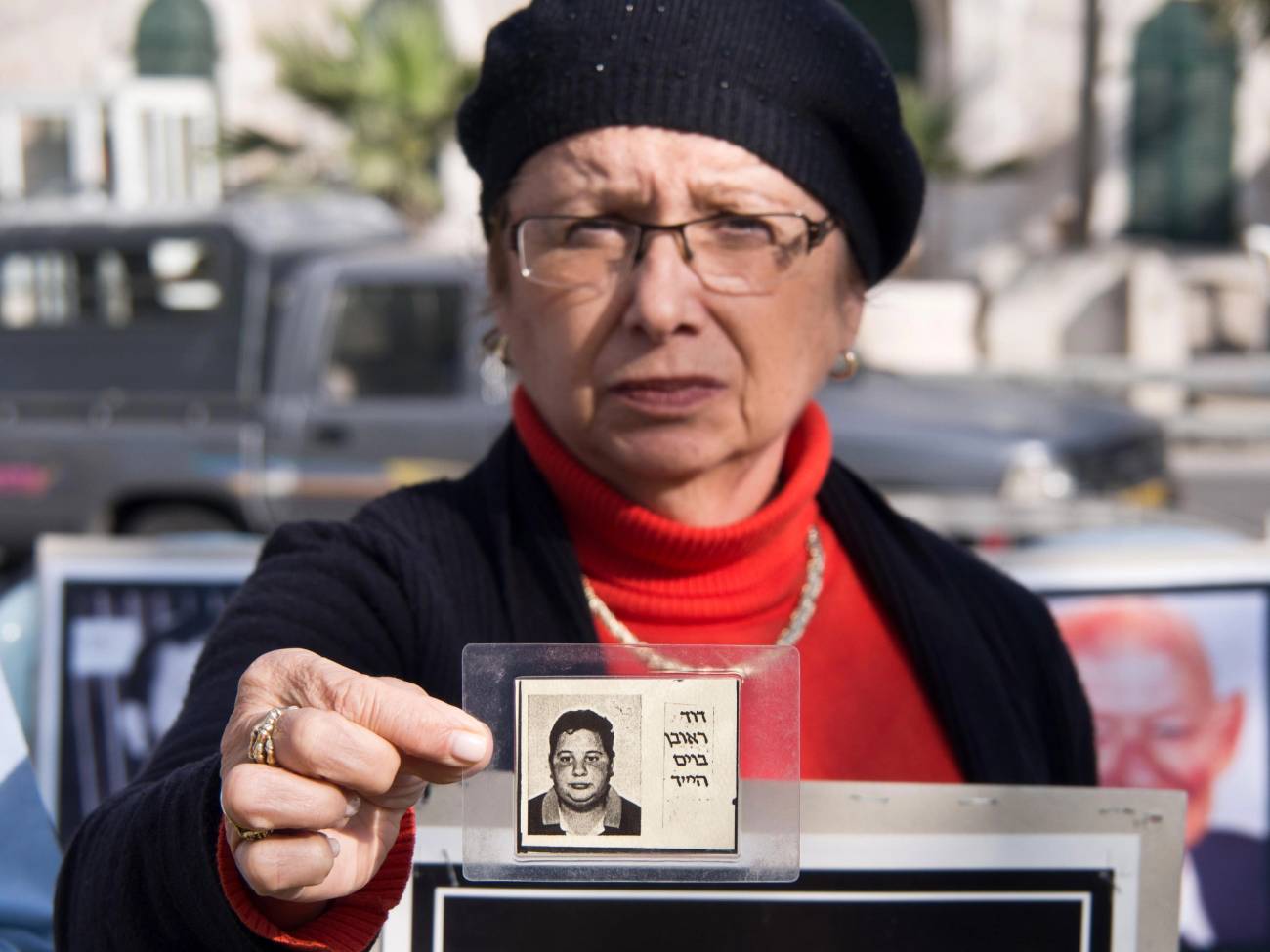 Libaneser var samlade för att lyssna på Hizbollahs ledare Hassan Nasrallah tal i huvudstaden Beirut i januari. / Bild: Abbas Salman / EPA
Libaneser var samlade för att lyssna på Hizbollahs ledare Hassan Nasrallah tal i huvudstaden Beirut i januari. / Bild: Abbas Salman / EPA
 Hezbollah i rozgrabianie Libanu
Hezbollah i rozgrabianie Libanu
Hugh Fitzgerald
Tłumaczenie: Andrzej Koraszewski
Jak wiadomo, Hezbollah jest grupą terrorystyczną wspieraną przez wiodące państwo terrorystyczne świata, Iran. Hezbollah jest również przestępczym przedsięwzięciem, które najpierw żyło z Libanu, a teraz pomogło go zniszczyć.
.
Przez lata Liban żył ponad stan. Skala rozrzutności kraju była ukrywana przez duże sumy wysyłane do Libanu przez ogromną i odnoszącą sukcesy diasporę libańską oraz przez inwestycje bogatych państw Zatoki Perskiej, zwłaszcza Arabii Saudyjskiej i Kuwejtu. Ale przekazy pieniężne załamały się z kilku powodów. Libańczycy za granicą wysyłali pieniądze do libańskich banków lub często osobiście przywozili pieniądze do Libanu. Teraz nie ma zaufania do libańskich banków, z których wiele jest na skraju upadku. Pożyczali pieniądze bezmyślnie państwu libańskiemu, które nie było w stanie spłacić tych pożyczek. Aby zapobiec runowi na banki, ograniczyli wypłaty deponentów do 100 dolarów tygodniowo, co oczywiście przerażało i rozgniewało klientów. Teraz przekazy pieniężne z zagranicy nie będą trafiały do banków. Ale najważniejszym powodem spadku przekazów pieniężnych była sytuacja ekonomiczna Libańczyków w diasporze, zwłaszcza w państwach Zatoki Perskiej. Chociaż ceny ropy wzrosły po 2020 r., nadal są niższe niż dziesięć lat temu. Doprowadziło to do spadku dochodów w Arabii Saudyjskiej, Zjednoczonych Emiratach Arabskich i Kuwejcie, gdzie pracują setki tysięcy Libańczyków; podobnie jak wielu innych, stracili dochody z działalności gospodarczej, stracili pracę, ich pensje zostały obniżone i mają znacznie mniejsze możliwości pomocy rodzinom w kraju.
Teraz, gdy irański pełnomocnik Hezbollah kontroluje libański rząd, żadne z bogatych sunnickich państw Zatoki Perskiej (oprócz być może Kataru) nie zamierza inwestować w Liban ani pożyczać mu pieniędzy. Liban nie ma znaczących rezerw walutowych. Ma jednak 16 miliardów dolarów w rezerwach złota. Ale gdy rząd jest winien ponad 100 miliardów dolarów, 16 miliardów dolarów jest kiepskim zabezpieczeniem. Jest też to, co Seth J. Frantzman z „Jerusalem Post” nazwał szarą gospodarką kontrolowaną przez Hezbollah. Jak się ocenia, ten tak zwany „system”, pozwala Hezbollahowi wysysać z gospodarki od 500 milionów do 1 miliarda dolarów rocznie.
Nie bardzo wiadomo jaki jest ten mechanizm. Założyłbym jednak, że działa tak jak większość organizacji przestępczych – to znaczy Hezbollah staje się współwłaścicielem legalnych biznesów, składając oferty, których „nie można odrzucić”. Wiemy już, że Hezbollah jest jednym z największych handlarzy i przemytników narkotyków na świecie, specjalizującym się w kokainie i heroinie, prowadzącym działalność na całym świecie, ale głównie w USA, Afryce Zachodniej, a zwłaszcza na Trójgraniczu (gdzie spotykają się Argentyna, Paragwaj i Brazylia). Jeśli dodaje 1 miliard dolarów rocznie do swojego przestępczo nabytego „portfela” biznesów, to i tak nie uwzględnia to pełnego – niszczycielskiego – wpływu, jaki Hezbollah wywarł na gospodarkę Libanu.
Hezbollah w ciągu dekady przeszedł drogę od organizacji całkowicie oddzielonej od rządu, do objęcia niemal połowy stanowisk w gabinecie w Bejrucie. Ponadto Hezbollah ma obecnie nieszyickich współpracowników, w tym przede wszystkim byłego prezydenta Libanu Michela Aouna, który jest maronitą, ale przestrzega polityki ustalonej przez przywódcę Hezbollahu, Hassana Nasrallaha.
Dopóki Hezbollah rządzi Libanem, rząd amerykański nie pomoże Libanowi w ratowaniu jego gospodarki. Warunki, które stawia, są niemożliwe do spełnienia przez Nasrallaha, który nie zamierza zerwać więzi ani z Iranem, ani z Syrią, ani oddać swojego arsenału 150 000 pocisków, które ma nadzieję ostatecznie, a być może całkiem niedługo, wykorzystać przeciwko Izraelowi. Jeśli chodzi o Arabów z Zatoki Perskiej, a zwłaszcza o najbogatszą ze wszystkich Arabię Saudyjską, nie da ona, nie pożyczy ani nie zainwestuje pieniędzy w Libanie, dopóki Hezbollah nie zostanie pozbawiony władzy, rozbrojony i nie zakończy swoich powiązań z Iranem.
Nie widzę, jak Liban może popaść w jeszcze głębszy kryzys. Region nie może być też bardziej zdestabilizowany niż jest teraz, chyba że wybuchnie totalna wojna między Libanem a Izraelem. W Libanie banki są na progu bankructwa, poważnie ograniczając wypłaty deponentów; rząd jest powszechnie pogardzany; pałkarze Hezbollahu nadal biją pokojowych antyrządowych demonstrantów, funt libański nadal spada, a bezrobocie gwałtownie rośnie. Hezbollah trzyma swoje 150 000 pocisków i grozi wciągnięciem Libanu w wojnę z Izraelem, tak jak to miało miejsce w 2006 r., wojnę, której Libańczycy nie chcą i której Hezbollah nie może wygrać.
Tuż obok, w Syrii, podczas trzynastu lat wojny domowej, zginęło ponad pół miliona ludzi; sześć milionów uciekło z kraju, a pięć milionów Syryjczyków zostało przesiedlonych wewnętrznie i teraz mieszka w namiotowych miasteczkach. Kraj poniósł straty w wysokości 350 miliardów dolarów. Turcja zajęła teraz większość prowincji Idlib na zachodzie, tak jak wcześniej zrobiła to z Afrin na północy. Erdogan zapowiada, że wojska tureckie nie opuszczą Syrii, dopóki kraj „nie będzie wolny”. Oznacza to, że pozostaną tam przez bardzo długi czas.
Hezbollah będzie nadal zajmował się handlem narkotykami, praniem pieniędzy i wymuszeniami. Będzie nadal żądał i otrzymywał – nie ma problemu ze spełnianiem swoich gróźb przemocy w Libanie – „udziały” w libańskich przedsiębiorstwach, kontrakty rządowe, łapówki od prywatnych wykonawców. A jego obecność będzie nadal odstraszać potencjalnych darczyńców, pożyczkodawców i inwestorów, gdy ci darczyńcy, pożyczkodawcy i inwestorzy są najbardziej potrzebni. Żaden z nich nie jest skłonny zapewnić funduszy, dopóki Hezbollah będący „państwem w państwie”, kontroluje Liban. Nikt nie chce inwestować w kraj, który w każdej chwili może zostać wciągnięty w wojnę, która zniszczy jego infrastrukturę. Hezbollah ukrył swoje 150 000 rakiet na obszarach cywilnych południowego Libanu i południowego Bejrutu. Izraelowi będzie bardzo trudno zlokalizować i zniszczyć tak wiele celów, ale IDF bez wątpienia znajdzie sposób, jak zawsze, i w tym procesie zetrze uśmiech z twarzy Nasrallaha.
Hugh Fitzgerald jest publicystą Jihad Watch.
Zawartość publikowanych artykułów i materiałów nie reprezentuje poglądów ani opinii Reunion’68,
ani też webmastera Blogu Reunion’68, chyba ze jest to wyraźnie zaznaczone.
Twoje uwagi, linki, własne artykuły lub wiadomości prześlij na adres:
webmaster@reunion68.com








